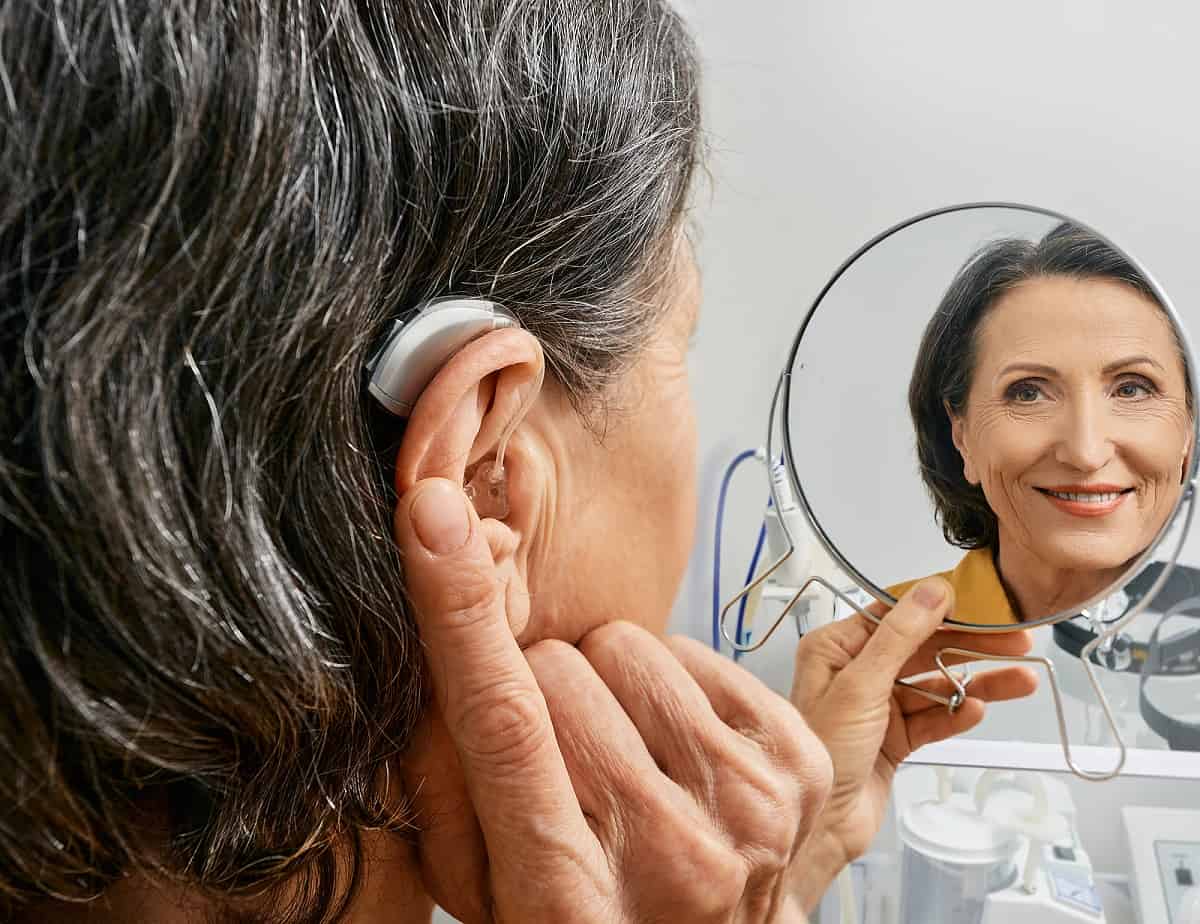
Falls and accidents are a significant risk for many older adults, and the consequences can be devastating. From broken bones to head injuries, falls and accidents can result in long-term physical and emotional challenges. But did you know that hearing loss could be contributing to these risks? The good news is that hearing treatment could reduce the risk of falls and accidents, and here’s how.
Understanding the Connection between Hearing and Falls/Accidents
Hearing plays a critical role in spatial awareness and balance, which is essential for maintaining stability when walking or standing. When an individual experiences hearing loss, the brain has to work harder to process information, which can cause difficulty in spatial awareness and balance. This can result in a higher risk of falls and accidents.
Recent studies have shown that individuals with hearing loss are more likely to experience falls and accidents than those with normal hearing. One study found that individuals with a mild hearing loss had a 3-fold increased risk of falling, while those with a severe hearing loss had a 4.5-fold increased risk. Another study found that individuals with hearing loss were twice as likely to experience accidents as those without hearing loss.
Hearing Treatment can Lower Fall/Accident Risk
Fortunately, there are many types of hearing treatments available that can reduce the risk of falls and accidents. The most common form of hearing treatment is hearing aids, which amplify sounds to make them easier to hear. Hearing aids come in a variety of styles, including in-the-ear, behind-the-ear, and in-the-canal. They can also be customized to meet individual needs.
Numerous studies have shown that hearing treatment can reduce the risk of falls and accidents in older adults. One study found that hearing aid use was associated with a 13% reduction in the risk of falling. Another study found that cochlear implants significantly improved spatial awareness and balance in older adults with severe hearing loss, reducing the risk of falls and accidents.
Implications of the Research for Healthcare Providers and Individuals with Hearing Loss
The research on the relationship between hearing treatment and fall/accident risk has significant implications for healthcare providers and individuals with hearing loss. Healthcare providers should be aware of the increased risk of falls and accidents among older adults with hearing loss and recommend hearing treatment as part of fall prevention strategies.
Individuals with hearing loss should seek hearing treatment early on to reduce their risk of falls and accidents. By seeking treatment, individuals with hearing loss can improve their spatial awareness and balance, leading to a higher quality of life.
Tips for Reducing Fall/Accident Risk with Hearing Loss
In addition to hearing treatment, there are other steps that individuals with hearing loss can take to reduce their risk of falls and accidents. These include:
- Lighting: Ensure that the home is well-lit, especially in areas such as hallways, staircases, and bathrooms.
- Removal of hazards: Remove clutter, loose rugs, and other potential tripping hazards from the home.
- Balance exercises: Engage in regular balance exercises, such as Tai Chi or yoga, to improve stability and prevent falls.
- Regular hearing tests: Regular hearing tests can help detect hearing loss early and allow for timely treatment.
- Medication review: Review medications with a healthcare provider to ensure that they are not contributing to fall risk.
If you or a loved one is experiencing hearing loss, seeking hearing treatment early on can reduce the risk of falls and accidents, and improve overall quality of life. At My Hearing Centers, we offer comprehensive hearing evaluations and a wide range of hearing treatments to help you hear better and reduce fall/accident risk. Contact us today to schedule an appointment and take the first step toward better hearing health.
